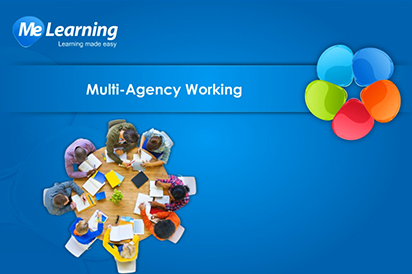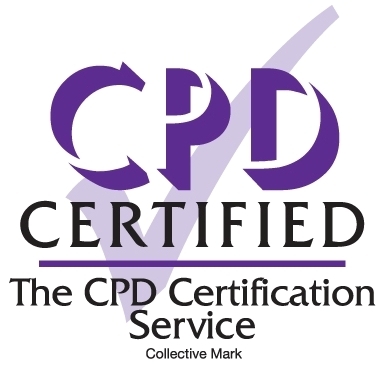


KCSP CPD online training systemYour personal learning site |
There is no precise formula for multi-agency working. It is complex, challenging and significantly influenced by the local context and personalities involved. Experience shows that there are many things that can help to make it successful.

This course contains the following modules:
| Module name | Type | Duration |
|---|---|---|
| Multi-agency working | Online | 00:25:00 |
This course is intended for all children’s workforce practitioners, i.e. all staff who work with children, young people and their families.
Although this course forms part of an induction programme for new starters, it is also intended for all practitioners who want to improve their knowledge and continue their professional development.
This course will enable you:
Here are a few topics covered in this course:
Background | Green Paper | Legal | Effective Support | Evidence: Improving outcomes for children and families | Evidence: Benefits for staff and services | Evidence: Providing what children and families say they want | Benefits to Practitioners | Delivery of multi-agency services | Successful multi-agency working | Practical steps to improve multi-agency working | Toolkits | What is teamwork? | Why establish effective teams? | What are the advantages of teamwork? | What are the disadvantages of teamwork? | Does teamwork happen by itself? | Established Teams | Forming | Storming | Norming | Performing | Mourning or adjourning
To access any of the courses you will need to login. If you do not have an account you will need to self-register or contact us for login details.
Please click the link to download the course flyer.
This course has been independently certified as conforming to universally accepted Continuous Professional Development (CPD) guidelines.
